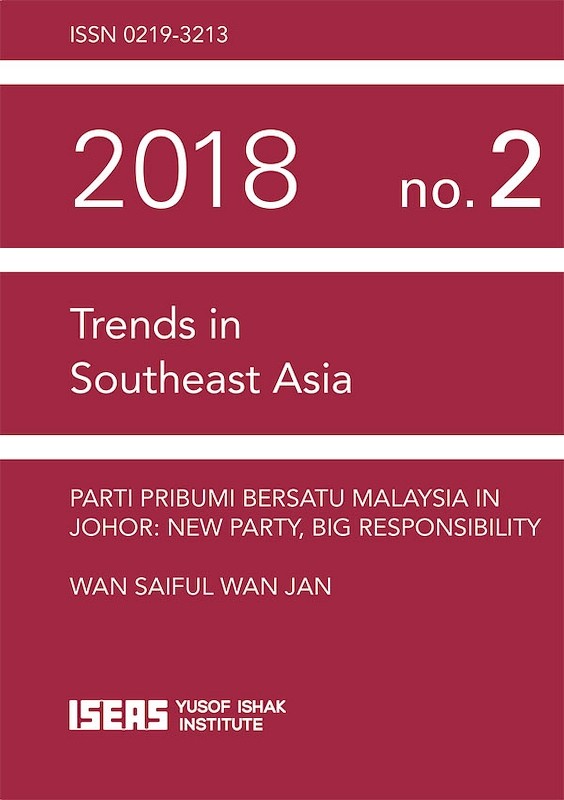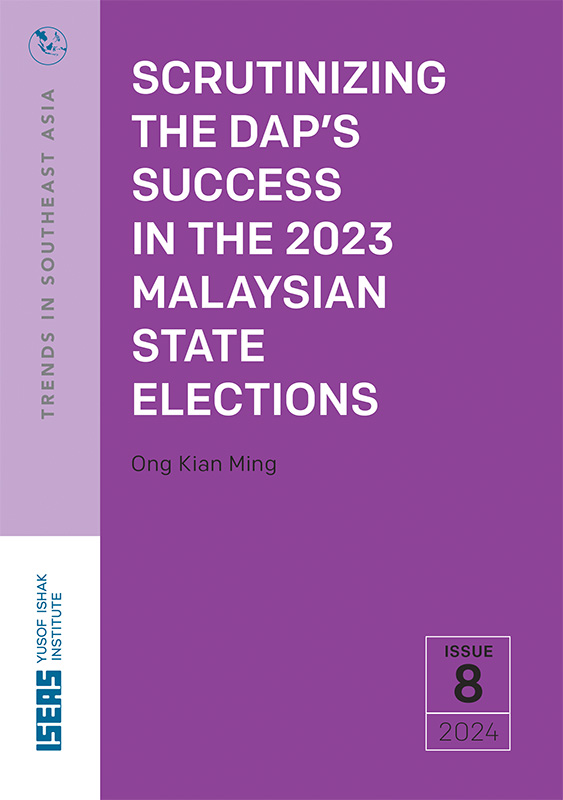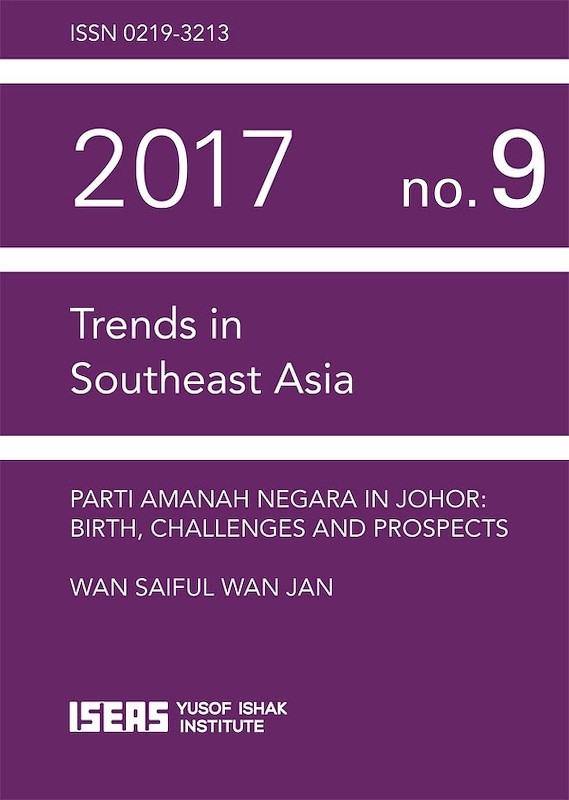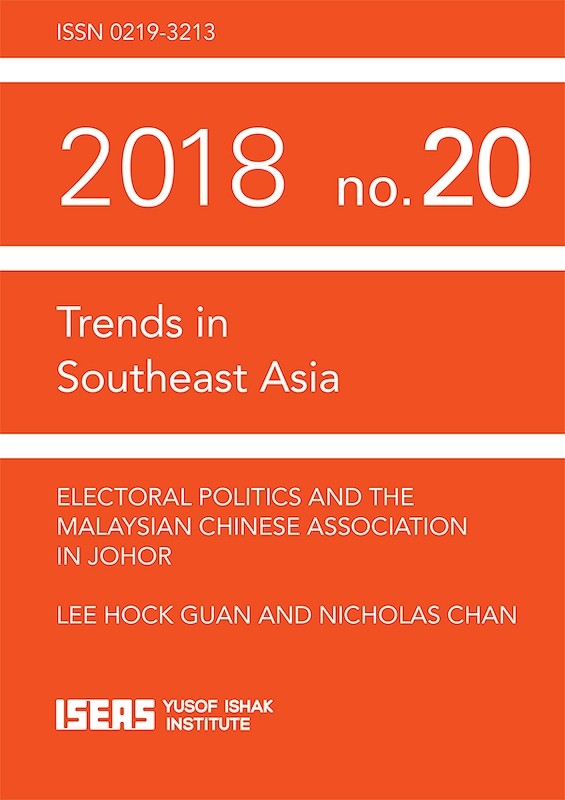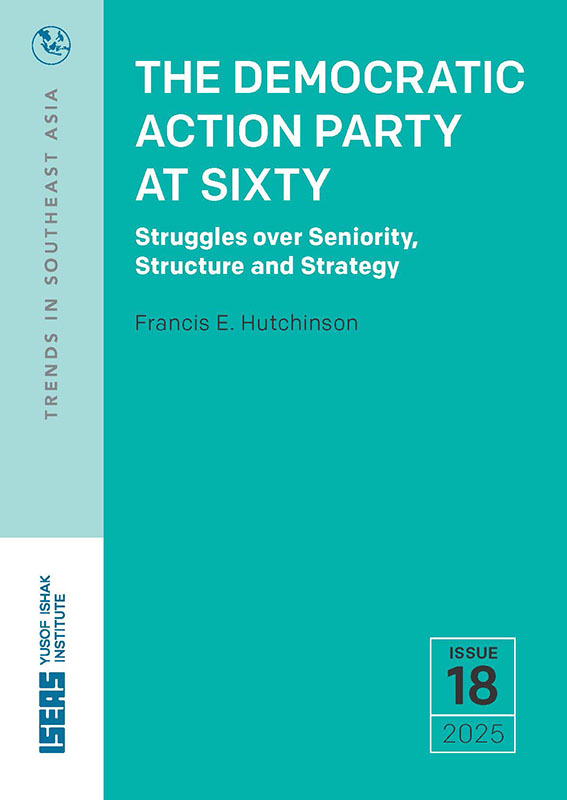The Democratic Action Party in Johor: Assailing the Barisan Nasional Fortress
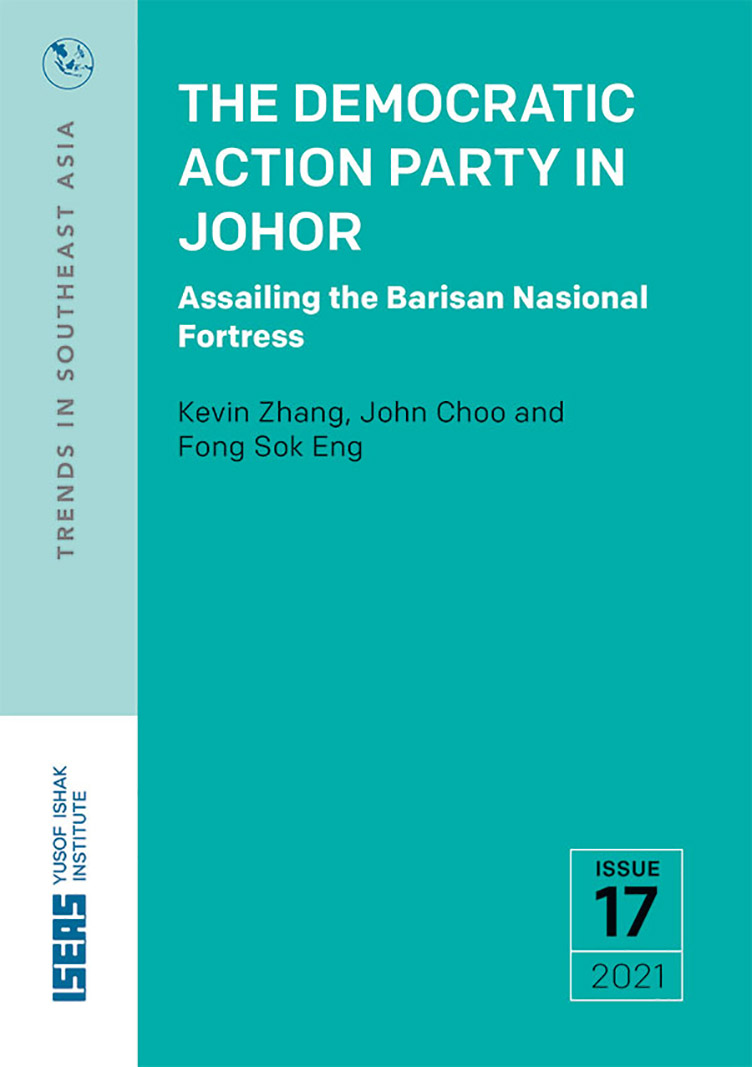
Date of publication:
2021
Publisher:
ISEAS – Yusof Ishak Institute
Number of pages:
51
Code:
TRS17/21
About the publication
Until approximately two decades ago, the Democratic Action Party (DAP) struggled to make inroads in Johor due to: (1) the unique historical developments in the state, which benefited its primary opponent Barisan Nasional (BN), and (2) the decentralized party structure in Johor with party branches serving as the main player responsible for grassroots mobilization and campaigning, which resulted in an underdeveloped and less cohesive state party structure.
Despite Lee Kaw playing a crucial leadership role for the nascent party to take root in the state, Johor remained in the periphery during the initial decades of the party’s establishment. The party managed to achieve some electoral success only in central Johor around the Kluang.
The party achieved a rare breakthrough in Johor during the 1990 General Election when numerous Chinese educationalists allied with the DAP under the call of then Dong Zong chairman Lim Fong Seng. However, the national alliance frayed soon after, with the DAP losing its momentum in Johor by the next general election.
Dr Boo Cheng Hau inherited the decentralized state leadership structure when he became the DAP Johor chairman in 2005. Under Dr Boo’s leadership the party prioritized welfare provision and constituency services in several state constituencies, particularly Skudai (in Gelang Patah) and Bentayan (in Bakri). The grassroots machinery was also strengthened while mechanisms were established to resolve intra-party conflicts in the lead-up to general elections.
In the 2008 General Election, these efforts paid off and DAP Johor achieved its (till then) best results by capturing four state constituencies--including Skudai and Bentayan--in addition to the Bakri parliamentary seat.
In the aftermath of GE2008, where DAP made unprecedented gains in Penang, Selangor and Perak, the national DAP leadership began to shift their attention towards Johor as the latter was perceived as the next frontline state. The party continued its upward swing and made unprecedented gains in the 2013 General Election.
As DAP maintained its momentum, coupled with the success of other Pakatan Harapan (PH) component parties in Johor during the 2018 General Election, the DAP under the PH coalition displaced BN as the Johor state government.
Contents
-
The Democratic Action Party in Johor: Assailing the Barisan Nasional Fortress
[Whole Publication, ISBN: 9789815011111], by Kevin Zhang, John Choo, Fong Sok Eng, authors

